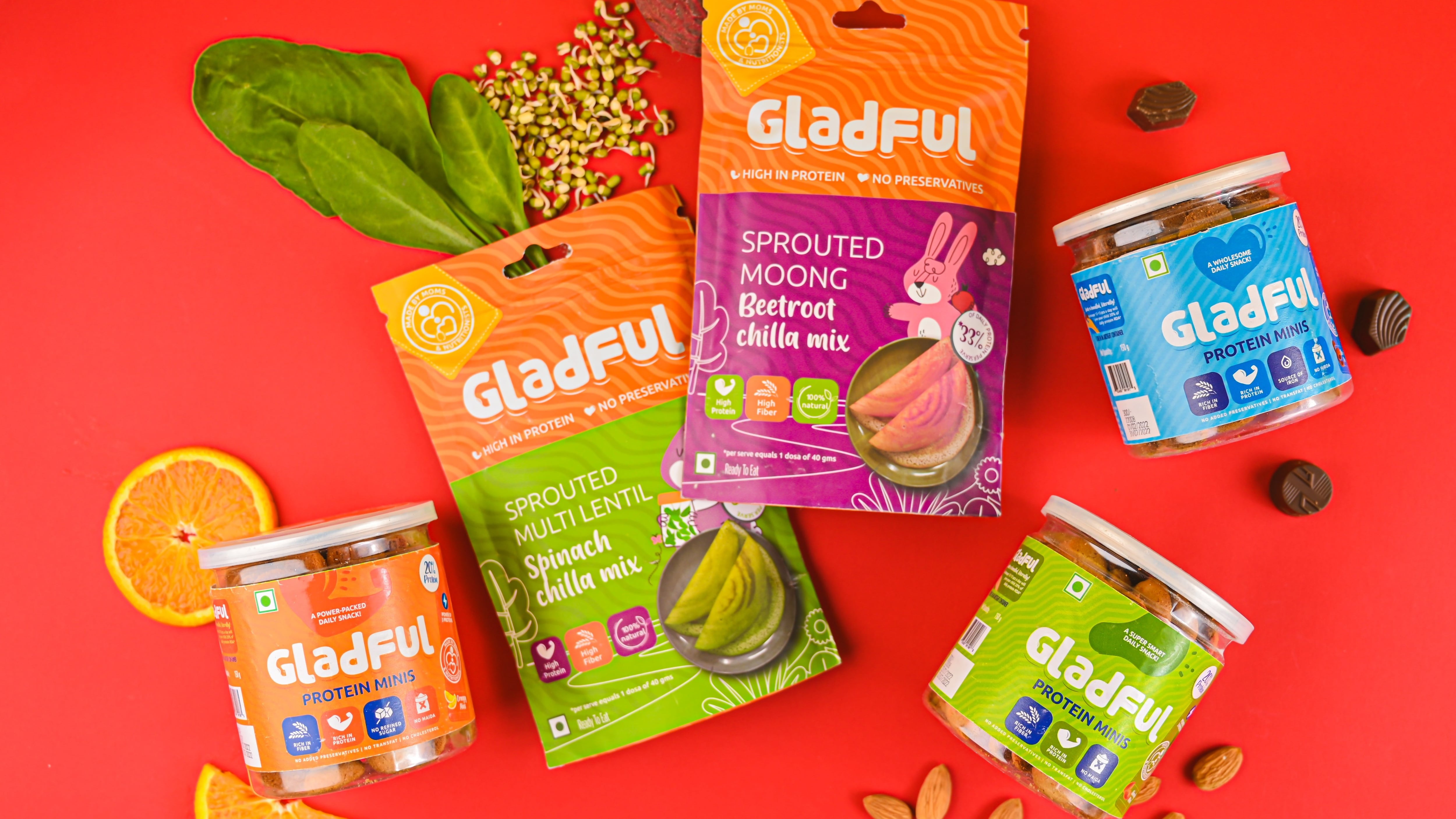This is according to the findings of a six-month randomised controlled trial conducted in India, where the study participants’ health status was followed up on six years after the trial has ended.
Writing in The Journal of Nutrition, the researchers from India and Norway found that vitamin B12 and folic acid supplementation in early life could produce benefits for metabolic health.
A total of 1,000 toddlers between six and 30 months old were recruited in the trial which ran from January 2010 to September 2011.
They were randomised into four groups, where they either took 1) vitamin B12 and folic acid or 2) vitamin B12 or 3) folic acid or 4) placebo supplements daily for six months.
For those who took vitamin B12, the dosage given was 1.8 μg, while that of folic acid was 150 μg per day. Of the toddlers who participated in the trial, 32 per cent were deficient in either vitamin B12 or folate.
About six years later, when they were between six and nine years old, they were contacted again for a follow-up analysis where their weight and height were measured, and blood samples collected.
The samples were taken to measure their plasma concentrations of tHcy, leptin, high molecular weight adiponectin, and total adiponectin. Eventually, the blood samples of 776 children were collected.
One of the key findings was the significantly lower tHcy concentration in participants who took both vitamin B12 and folic acid supplementation.
The combined supplementation of vitamin B12 and folic acid resulted in 1.19 μmol/L lower tHcy concentration as compared to those from the placebo group.
No difference in cardiometabolic risk markers was detected between any of the study groups though.
Homocysteine is a type of amino acid, and the body uses vitamin B12, B6, and folic acid to break it down into other substances that the body requires.
High levels of homocysteine could be a sign that this process is not working properly, or a person is lacking certain B vitamins.
“Elevated tHcy is a risk factor for many illnesses, and our findings support supplementing these vitamins in early life.
“However, whether the reduction of these markers will reduce the CVD risk in adult life needs to be studied using RCTs or cohort studies that follow-up participants into the adult life,” said the researchers.
Other key findings
The researchers also found that vitamin B12 supplementation was associated with a lower leptin concentration and leptin–adiponectin ratio specifically in children who were stunted at the start of the intervention.
Leptin is a hormone produced by the fat cells and its level increases during circumstances such as overfeeding and surgical stress.
A higher leptin-adiponectin ratio, on the other hand, is a risk factor for cardiometabolic diseases.
In addition, folic acid supplementation was found to decrease leptin–adiponectin ratio among wasted children.
“Analyses conducted on prespecified subgroups of children who were underweight, wasted, or stunted at baseline showed a beneficial effect of supplementing either vitamin B12 or folic acid on leptin and adiponectin concentrations.
“Supplementation with both vitamin B12 and folic acid for 6 mo in early childhood was associated with a significantly lower tHcy concentration after 6–7 y, which may indicate a synergistic long-term effect,” the researchers concluded.
Source: The Journal of Nutrition
Daily Folic Acid and/or Vitamin B12 Supplementation Between 6 and 30 Months of Age and Cardiometabolic Risk Markers After 6–7 Years: A Follow-Up of a Randomized Controlled Trial
https://doi.org/10.1016/j.tjnut.2023.03.003
Authors: Rukman Manapurath et al



